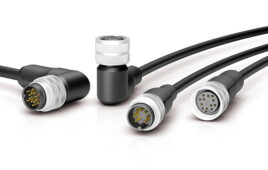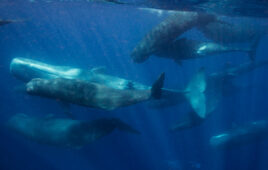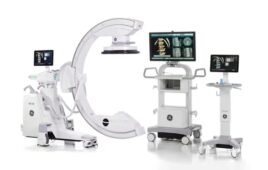|
Listen to this article
|
The DMU41 inertial measurement unit (IMU) un-housed. Source: Silicon Sensing Systems
Silicon Sensing Systems Ltd. and the Institute of Science Tokyo, a leading Japanese science and technology university, yesterday said that they have jointly tested Silicon Sensing’s DMU41 inertial measurement unit, or IMU, for low earth orbit applications.
“Working with the prestigious Science Tokyo on this new test program to demonstrate the capabilities of our DMU41 IMU has been a milestone development for us, as we celebrate our 25th year of business,” stated David Somerville, general manager of Silicon Sensing.
Institute of Science Tokyo was established on Oct. 1, following the merger between Tokyo Medical and Dental University and Tokyo Institute of Technology. The organization‘s stated mission is “Advancing science and human well-being to create value for and with society.”
DMU41 undergoes rigorous testing
The DMU41 is a tactical-grade IMU with nine degrees of freedom, said Silicon Sensing Systems. The company said the sensor is a robust micro-electro-mechanical systems (MEMS) product that operates in temperatures ranging from -40oC to +85oC (-40oF to +185oF), delivering low noise performance, bias instability, and angle random walk.
The IMU’s performance “challenges that of typical fiber-optic gyro IMUs in a far more compact package,” Silicon Sensing claimed. It measures just 50 x 50 x 50 mm (1.9 x 1.9 x 1.9 in.), weighs less than 180 g (6.3 oz.), and consumes less than 2.5W, it said.
The test program explored the use of the high-performance DMU41 for space platform guidance and attitude control in commercial low earth orbit (LEO). This involved exposing the DMU41 to several rounds of radiation to simulate exposure to naturally occurring radiation in the lower earth orbit, including single event effect (SEE) and total ionizing dose (TID) tests.
Silicon Sensing Systems sees its future in satellite market
“The global LEO satellite market, with a CAGR [compound annual growth rate] predicted at around 17% over the next four to five years, is an important future market for us — and an area where we are already experiencing growing demand,” said Somerville. “In this environment, performance, size, endurance, and power consumption are all critical factors where we believe our technology can make a real performance difference.”
Founded in 1999, Silicon Sensing Systems develops and engineers gyroscope and inertial systems. Collins Aerospace and Sumitomo Precision Products jointly own the Plymouth, U.K.-based company.
Silicon Sensing said it is a market leader in silicon, micro MEMS-based navigation and stabilization technology. The company said it has supplied millions of MEMS gyroscopes and accelerometers to thousands of customers since its formation. An example user is the autonomous Mayflower, which crossed the Atlantic Ocean in 2022.







Tell Us What You Think!